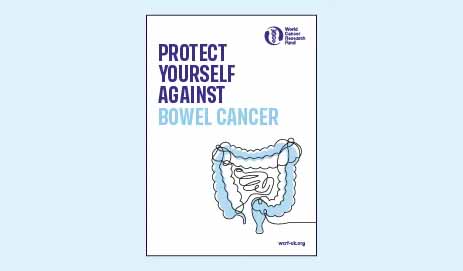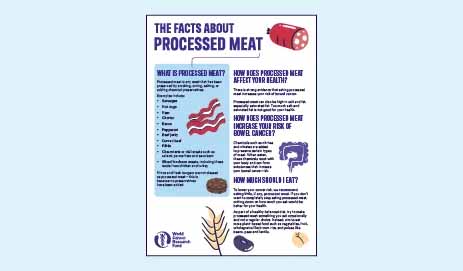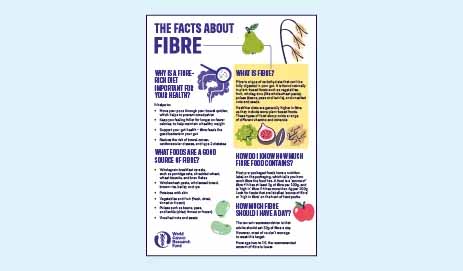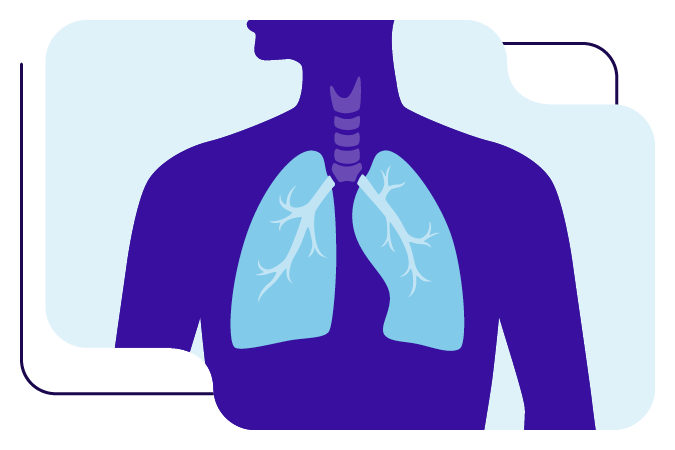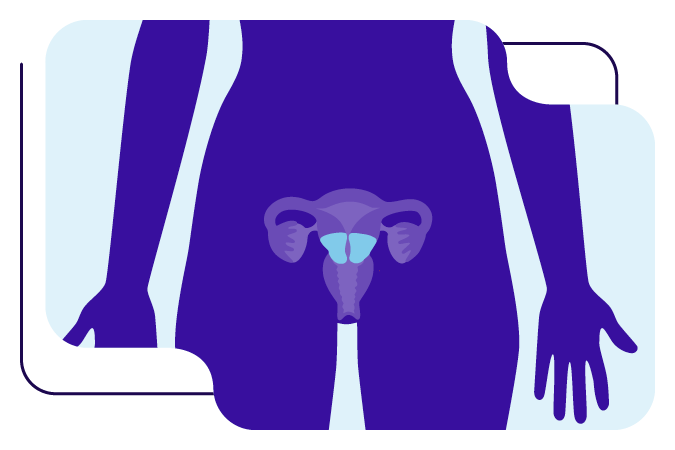Bowel cancer
What is bowel cancer? Find out how common it is, the causes, and expert advice on how to reduce your risk.
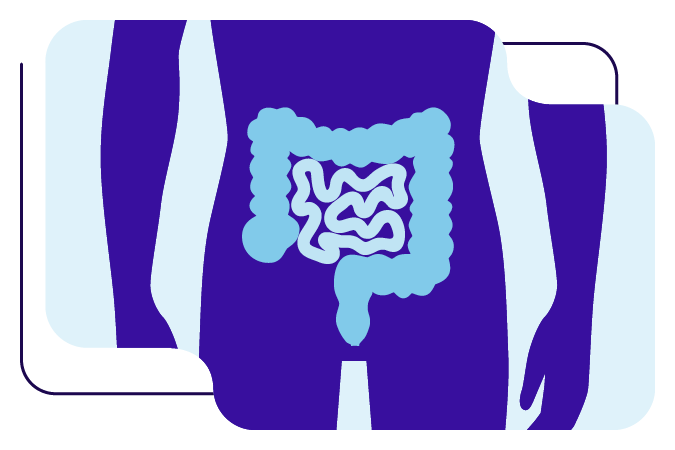
What is bowel cancer?
Bowel cancer is cancer of the colon or rectum. Scientists often refer to bowel cancer as colorectal cancer.
The bowel is part of the digestive system and it’s divided into 2 parts: the small bowel and the large bowel. Nearly all bowel cancers are found in the large bowel, which is made up of the colon and the rectum.
Most of the nutrients from the food we eat are absorbed in the small bowel. Food then passes into the colon where water and any remaining nutrients are absorbed, leaving behind solid waste products. These waste products then move through the colon and the rectum before leaving the body.
The colon contains many types of bacteria, which have potentially important functions. The colon is lined with mucous membranes and contains cells that form part of the body’s immune defence.
Bowel cancer starts when cells in the bowel lining are damaged and grow uncontrollably, forming a tumour.
How common is bowel cancer?
Bowel cancer is the 3rd most common cancer in the UK (2021 data), with around 137 new cases diagnosed every day, and the 3rd most common in the world (2022 data). It is more commonly diagnosed in people over 50.
Men
Bowel cancer is the 2nd most common cancer in men in the UK, and the 3rd most common in men globally.
Women
Bowel cancer is the 3rd most common cancer in women in the UK, and the 3rd most common in women globally.
| Region | Cases | Year |
|---|---|---|
| UK | 49,914 | 2021 |
| World | 1,931,590 | 2020 |
Bowel cancer FAQs
Preventing bowel cancer
Bowel cancer is one of the most preventable cancers. There are practical changes everyone can take to reduce their risk of developing it.
Following our Cancer Prevention Recommendations reduces your risk of bowel cancer and other cancers. If you have been diagnosed with cancer, following our Recommendations can reduce the risk of cancer returning.
Find out more on our preventing bowel cancer page.
Help for you
Our free health guides and cookbooks empower people to reduce their risk of getting cancer. We also help those with a diagnosis cope with treatment, live longer, and enjoy a better quality of life.
Order yours today!
Stories
Bowel cancer is such a big topic, it can be easy to forget the people who experience it. We want to give the spotlight to those who have lived with bowel cancer, and how they have incorporated preventative measures into their lives to reduce their risk of bowel cancer returning.

Clubbercise founder Claire on life after bowel cancer
Read Claire’s storyEvidence-base
This is a summary of the strong and limited evidence on diet, weight, physical activity and the risk of colorectal cancer, last reviewed by our Expert Panel in 2018.
There is strong evidence that:
- being physically active DECREASES the risk of colon cancer
- wholegrains DECREASE the risk of colorectal cancer
- foods containing dietary fibre DECREASE the risk of colorectal cancer
- dairy products DECREASE the risk of colorectal cancer
- calcium supplements DECREASE the risk of colorectal cancer
- red meat INCREASES the risk of colorectal cancer
- processed meat INCREASES the risk of colorectal cancer
- alcohol INCREASES the risk of colorectal cancer
- being overweight or obese INCREASES the risk of colorectal cancer
- being tall INCREASES the risk of colorectal cancer
There is some evidence that:
- vitamin C may decrease the risk of colon cancer
- consuming fish may decrease the risk of colorectal cancer
- vitamin D may decrease the risk of colorectal cancer
- multivitamin supplements may decrease the risk of colorectal cancer
- low consumption of non-starchy vegetables may increase the risk of colorectal cancer
- low consumption of fruit may increase the risk of colorectal cancer
- foods containing haem iron may increase the risk of colorectal cancer
Full references, pathogenesis and a summary of the mechanisms comes from our Diet and Cancer Report (2018). Browse our resource library for the chapter on colorectal cancer.
Other causes of colorectal cancer
In addition to the findings on diet, nutrition and physical activity outlined above, other established causes of colorectal cancer include:

